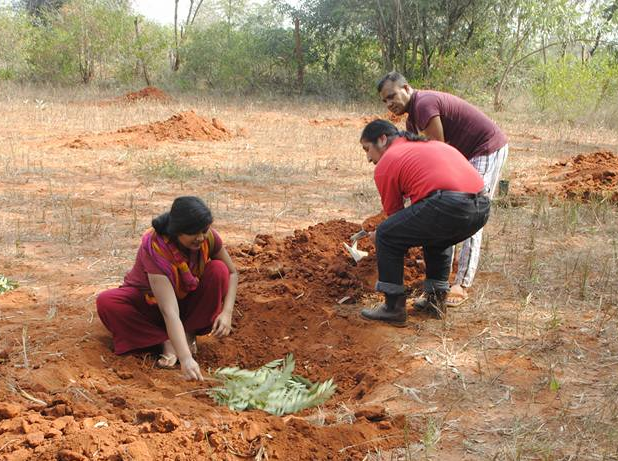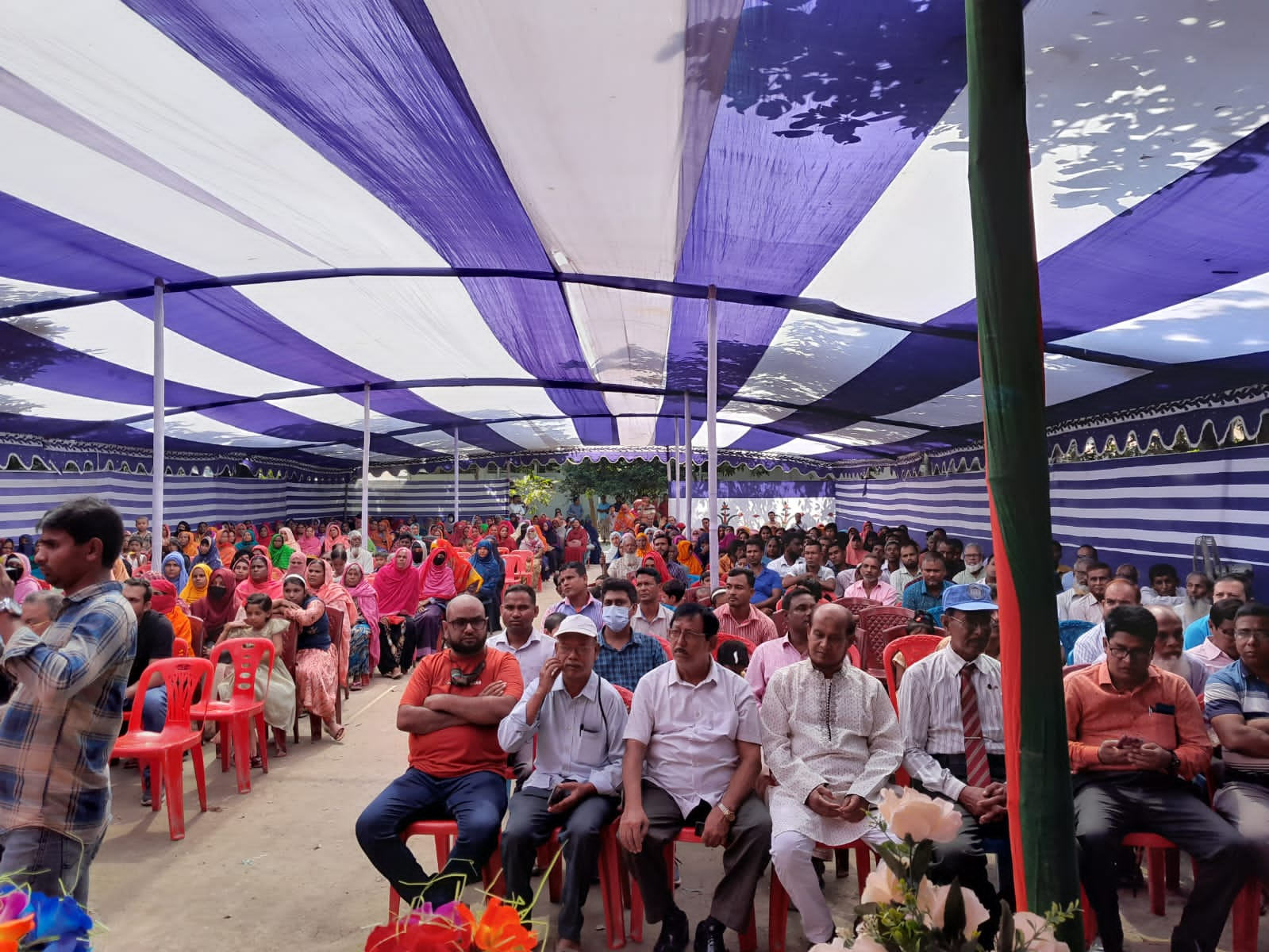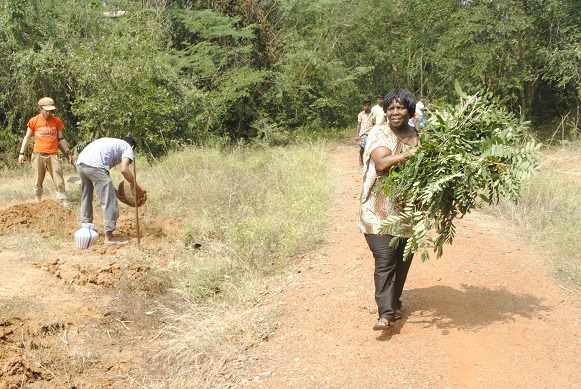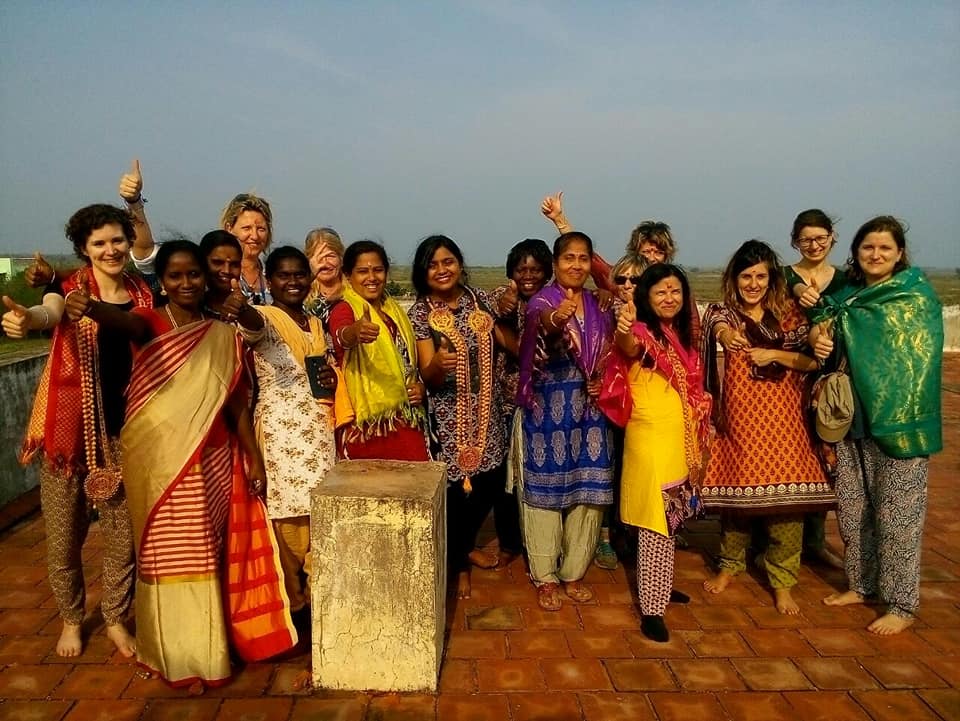Kudumbam diary #2 : “Seeds need to be politicised!”

Emilio Painemal has been a companion at the Emmaus Urracas community in Chile for sixteen years. A staunch defender of the Mapuche, a population in Chile and Argentina, and of protecting the environment, in January he took part in the Emmaus International work camp in India, at the Kudumbam community.
Forty participants from various Emmaus groups, including Bangladesh, Colombia, the United States, France, Lebanon, the Netherlands and Romania took part in activities centred around agroecology and in-depth discussions on the issues of environmental and social justice.
“At Kudumbam, we helped plant and water trees. But that’s not all! Participating in these activities has raised our awareness about climate change and environmental damage. Kudumbam has been pioneering in this area for 35 years”, says the Chilean companion.
On their agroecological farm, the team at Kudumbam practices a form of farming that is naturally suited to their soil. They plant trees in the area, cultivate ancient, non-transformed seeds and refuse the use of fertilisers and non-organic seeds, brought in by multinationals. In doing so, they’re make change in society possible.
“I have great admiration for their struggle”, says Emilio. He soon saw the link with the situation in his own country. “In Chile, many GMOs and transgenic seeds are used in farming. Herbicides, synthetic products and fungicides are routinely used.”
Like the multinationals in India, “Forestry firms are growing a farming industry on the Mapuche people’s land, which is infringing their rights”, he says.
These firms are developing pine and eucalyptus plantations on a massive scale, encroaching on the land reserved for the Mapuche people’s traditional farming, in order to develop an a agro-food industry that’s harmful to the environment. As a result, traditional forests are being replaced by managed forests, which is intensifying the Mapuche population’s impoverishment and insecurity.
Emilio has returned to Chile inspired by the alternative initiatives led by Emmaus Kudumbam. “It is possible to create a society with a farming identity that is respectful of the environment. Mother Earth needs and has the right to live without pesticides!”.
He has learned from the work camp in India that “Commitment to environmental and social justice is fundamental to the Emmaus movement right across the globe. That’s why we’re part of this movement!”


